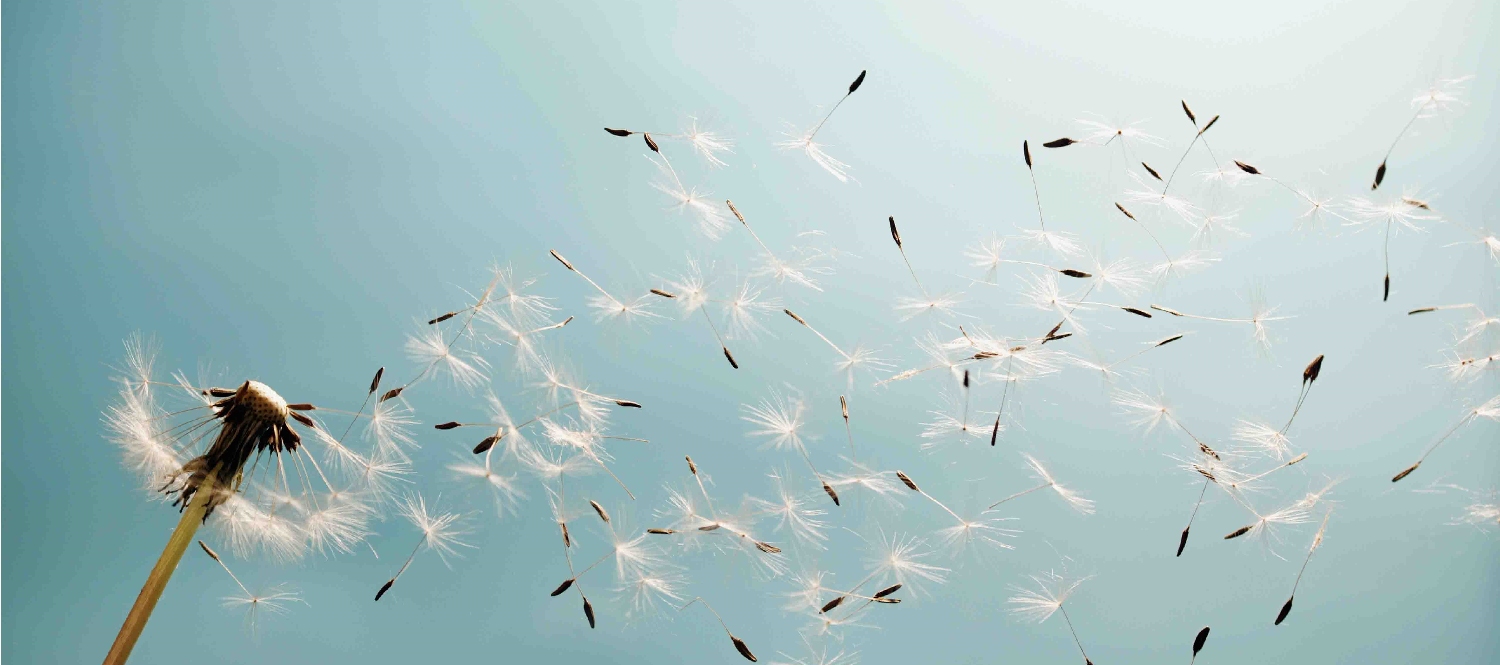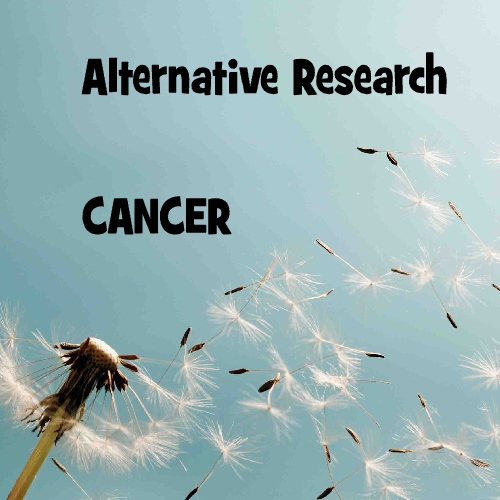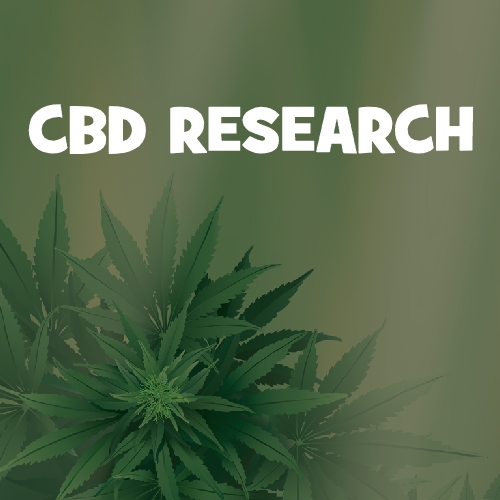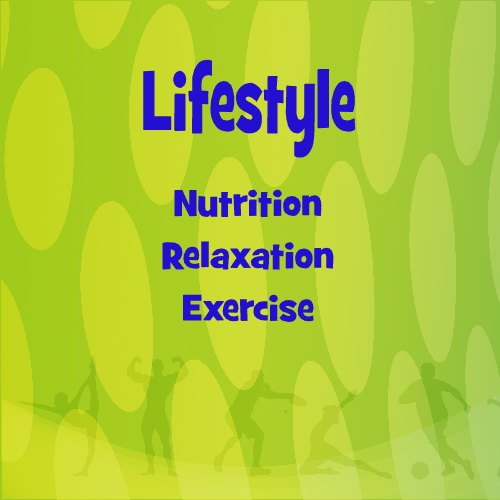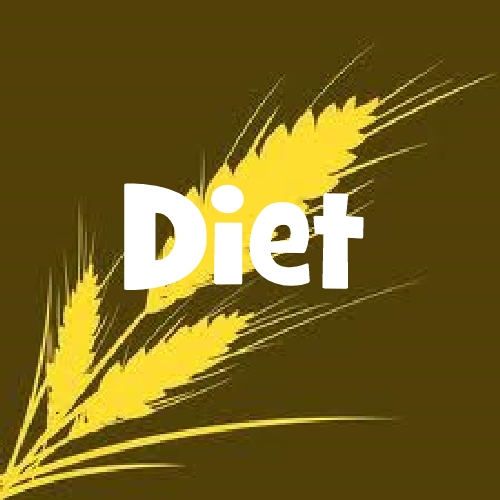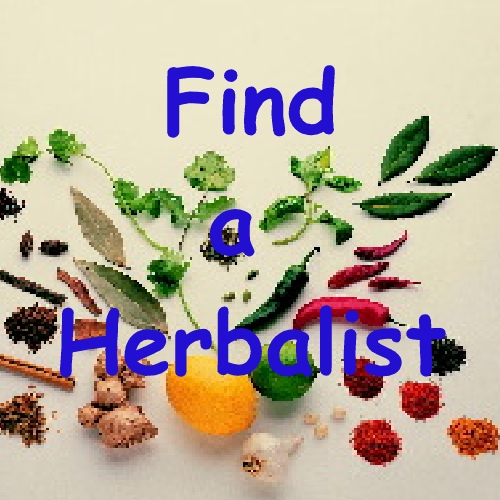Astragalus Herbal Remedy
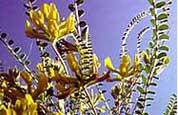
| Key Uses | 1 Immune booster 2 Some help with specific cancers 3 Assisting with chemotherapy 4 Coronary Heart Disease 5 Angina |
|
|
Cautions |
Not advisable during acute infections |
|
| Pregnancy Category |
B1 There is no increase in frequency of malformation or other harmful affects to the foetus from limited studies in women Some evidence of foetal damage from animal studies |
|
| Breast Feeding |
No data available. Caution advised |
|
| Contraindications |
May reduce the effectiveness of cyclophosphamide or other immunosuppressants |
|
| Adult doses |
9 to 30gm of dried root per
day by decoction 5ml three times a day of a 1:3 tincture |
| Astragalus membranaceus, commonly known as Mongolian milkvetch in English and as huáng qí (Chinese: 黃芪), běi qí (Chinese: 北芪) or huáng huā huáng qí (Chinese: 黃花黃耆), in Chinese, is a flowering plant in the family Fabaceae. It is one of the 50 fundamental herbs used in traditional Chinese medicine root |
Astragalus Research
There are no high-quality pharmaceutical style clinical studies in people of astragalus for any health condition. Please note as herbs cannot be patented these types of study are very rare in herbal medicine.
|
Chinese herbal
medicine practitioners most commonly use
Astragalus
membranaceus as a general tonic and
specifically for boosting the immune
system. Most research on astragalus has
focused on its immunostimulatory
activity and its apparently powerful
ability to restore the activity of a
suppressed immune system. Clinical
trials as well as pharmacological data
provide evidence for its usefulness in
the prevention of the common cold and as
an adjunct to cancer therapies. It is
also useful as a complementary treatment
during chemotherapy, radiation therapy
and immune deficiency syndromes.
In traditional Chinese medicine and Western clinical herbal medicine, astragalus is usually used in combination with other herbal remedies and is very seldom used as a single herbal treatment. Pharmacological research of astragalus in combination with ligustrum Ligustrum lucidum provides evidence for activity against cancers of the breast, cervix and lung. A number of clinical studies have been reported regarding the use of astragalus for colds and upper respiratory infections. A prophylactic effect against the common cold was reported in an epidemiological study in China involving 1,000 subjects. 1-3 Administration of astragalus, given either orally or as a nasal spray, decreased the incidence of illness and shortened the length of its course. Studies exploring this protective effect found that a two-week oral administration of the preparation enhanced subjects induction of interferon by peripheral white blood cells. Levels of IgA and IgG (immunoglobulin) antibodies in nasal secretions increased following two months of treatment. 4 The effect of astragalus on the induction of interferon was studied in another placebo-controlled study involving 28 people. Fourteen volunteers were given an extract equivalent to 8 g dried root per day and 14 were given placebos. Blood samples were drawn before treatment, then two weeks and two months after treatment. Interferon production by leukocytes was statistically increased after both time periods. 5 In China, astragalus is widely used in the treatment of cancer, both as a primary treatment and as an adjunct to conventional therapies. It is most often combined with other similarly acting immune-enhancing botanicals. A number of randomized prospective clinical studies of cancer patients were conducted using an undisclosed quantity combination of astragalus and ligustrum. The positive effects have therefore to be considered to be due to the cumulative effects of the two botanicals and cannot be presumed to occur with astragalus alone. According to a review article, breast cancer patients given a combination of astragalus and ligustrum as an adjunct to irradiation treatments showed a statistically significant decrease in deaths from one in two to one in 10. The authors cited an additional study in which patients with stage II and stage III cervical carcinoma who were given the herbs as an adjunct to irradiation showed a slight, though not statistically significant, increase in survival and disease-free state. In another study of patients with advanced non-small-cell lung cancer, the effectiveness of conventional chemotherapy (chemotherapeutic regimen not reported) was compared to the effectiveness of chemotherapy in conjunction with the same astragalus-ligustrum preparation. Those with squamous carcinoma of the lung showed a significant increase in mean survival time from 204 to 465 days, and those with adenocarcinoma showed a less significant increase in survival time from 192 to 324 days. In another review, it was reported that 53 cases of chronic leukopenia responded favorably to an astragalus extract (1:1; 2 mL daily intramuscularly for one to two weeks). Improvements in symptoms and white blood cell counts were observed, but specific data were lacking. Source The American Herbal Pharmacopoeia reported in The October 2000 Issue of Nutrition Science News 1. Rou M, Renfu X. The effect of radix Astragali on mouse marrow hemopoesis. J Trad Chin Med 1983;3(3):199-204. 2. Sun Y, et al. Immune restoration and/or augmentation of local graft-versus-host reaction by traditional Chinese medicinal herbs. Cancer 1983;52(1):70-3. 3. Sun Y, et al. Preliminary observations on the effects of the Chinese medicinal herbs Astragalus membranaceus and Ligustrum lucidum on lymphocyte blastogenic response. J Biol Respon Modif 1983;2(3):227-37. 4. Chang HM, But PH, editors. Pharmacology and applications of Chinese materia medica. Yeung S, et al, translators. Singapore: World Sci; 1987, vol. 2. 1,320 5. Hou Y, et al. Interferon induction and lymphocyte transformation stimulated by Astragalus membranaceus in mouse spleen cell cultures. Zhonghua Weisheng Wuxue Hemian Yixue Zazhi 1981;1(2):137-9. 6. Morazzoni P, Bombardelli E. Astragalus membranaceus (Fisch) Bunge. Scientific documentation 30 Mar 1994. Milano (Italy): Indena SpA. 1994 Mar:1-18 Monographs on Astragalus and the immune system - Astragalus membranaceus monograph. Alternative Medicine Review, Volume 8, Number 1, 2003. Peer- reviewed publication/ Individual studies -Liu ZG, Xiong ZM, Yu XY Effect of astragalus injection on immune function in patients with congestive heart failure. Affiliated LiyuanHospital, Tongji Medical College, Huazhong University of Science and Technology, Wuhan 430077. Zhongguo Zhong Xi Yi Jie He Za Zhi. 2003 May;23(5):351-3 PMID: 12800417[PubMed - indexed for MEDLINE] - Duan P, Wang ZM. Clinical study on effect of Astragalus in efficacy enhancing and toxicity reducing of chemotherapy in patients of malignant tumor. Chengdu First Peopte's Hospital, Chengdu 610016. Zhongguo Zhong Xi Yi Jie He Za Zhi. 2002 Jul;22(7):515-7. PMID: 12592686 [PubMed - indexed for MEDLINE] - Mao SP, Cheng KL, Zhou YF. Modulatory effect of Astragalus membranaceus on Th1/Th2 cytokine in patients with herpes simplex keratitis. Department of Ophthalmology, College of Applied Science and Technology, Chongqing University of Medical Sciences, Chongqing 400050. Zhongguo Zhong Xi Yi Jie He Za Zhi. 2004 Feb;24(2):121-3. PMID: 15015443 [PubMed -indexed for MEDLINE] - Gu W, Yang YZ, He MX A study on combination therapy of Western and traditional Chinese medicine of acute viral myocarditis Department of Cardiology, Zhongshan Hospital Affiliated to Shanghai Medical University. Zhongguo Zhong Xi Yi Jie He Za Zhi. 1996 Dec;16(12):713-6 PMID: 9772585 [PubMed - indexed for MEDLIN
After having the herbal medicine administered, the patients were significantly less likely to experience the symptoms associated with angina attacks. Furthermore, improvements in clinical objective data such as electrocardiogram (ECG) and impedance cardiogram were also observed. The effective rate of ECG improvement was 82.6%. The treatment of ischemic heart disease with Astragalus membranaceus was significantly more effective when compared with the control group (P< 0.05). Li SQ; Yuan RX; Gao H [Clinical observation on the treatment of ischemic heart disease with Astragalus membranaceus] .Chung Kuo Chung Hsi I Chieh Ho Tsa Chih (CHINA) Feb 1995, 15 (2) p77-80 conducted at the Affiliated Hospital of Jinzhou Medical College, Liaoning Further research on Astragalus and Angina:Chen LX, et al. Astragalus membranaceus on left ventricular function and oxygen free radical in acute myocardial infarction patients and mechanisms of its cardiotonic action. Chung Kuo Chung His I Chief Ho Tsa Chih 1995;15(3):141-3. Lei ZY, et al. Action of Astragalus membranaceus on left ventricular function of angina pectoris. Chung Kuo Chung His I Chieh Ho Tsa Chih 1994;14(4):199-202. Shi HM, et al. Primary research on the clinical significance of ventricular late potentials (VLPs), and the impact of mexiletine, lidocaine, and Astragalus membranaceus on VLPs. Chung His I Chief Ho Tsa Chih 1991;11(5):265-7. Luo HM, et al. Nuclear cardiology study on effective ingredients of Astragalus membranaceus in treating heart failure. Chung Kuo ChungHis I Chief Ho Tsa Chih 1995;15(12):707-9. Jin C, Dai RH. Effect of Astragalus membranaceus on erythrocyte sodium content and sodium transport in the coronary heart disease. Chung His I Chief Ho Tsa Chih 1991;11(11);651-3 In China astragalus is widely used in the treatment of chronic hepatitis. According to a review article, elevated serum levels of glutamate pyruvate transaminase (GPT) returned to normal, and symptoms associated with the disease subsided within one to two months of treatment with an unspecified astragalus preparation., In another report, an aggregate effective rate of 85.7 percent (significantly effective rate 61.2 percent) was observed in 49 cases of chronic hepatitis. Normalization of GPT levels was observed in 80 percent of the responsive patients within one to two months of treatment with an undefined injectable astragalus preparation.1 More detailed data regarding these findings were not available. Positive effects of oral administration of astragalus polysaccharides for treatment of hepatitis were reported by a group of researchers who demonstrated enhanced interferon production in a manner similar to that demonstrated in in-vitro studies.< A single in-vitro study exploring the possible effects of astragalus in the treatment of hepatitis B reported significant inhibition of viral protein expression and little effect on viral DNA synthesis.4 No additional data regarding this study were available. Source The American Herbal Pharmacopoeia reported in The October 2000 Issue of Nutrition Science News1 Chang HM, But PH, editors. Pharmacology and applications of Chinese materia medica. Yeung S, et al, translators. Singapore: World Sci; 1987, vol. 2. 1,320 2 Tang W, Eisenbrand G. Chinese drugs of plant origin: chemistry, pharmacology, and use in traditional and modern medicine. Berlin: Springer-Verlag; 1992. 1,056 p. 3. Zhang F, et al. Preparation of astragalus polysaccharide and its therapeutic effect on hepatitis. Yaowu Shengwu Jishu 1995;2(2):26-8. 4. Fan T, et al. The inhibitory effect of some Chinese herbs on hepatitis B virus replication in vitro and its mechanism. Chin J Exper Clin Virol 1996;10(1):27-30.
Zou C, Su G, Wu Y, et al. Astragalus in
the prevention of upper respiratory tract
infection in children with nephrotic syndrome:
evidence-based clinical practice. Evidence-Based
Complementary and Alternative Medicine. 2013;2013:352130.
|
Naturopath's treat the whole person not
just the disease or condition. That's why you cannot use
this site for diagnosis or treatment. The information we
provide should not be treated as a substitute for medical
advice or treatment. We recommend that you visit a qualified
naturopath or find a GP who is sympathetic to a naturopathic
approach
Our Sponsors
This site is sponsored by Organic Herbal Remedies Ltd and Organic CBD Oil.
